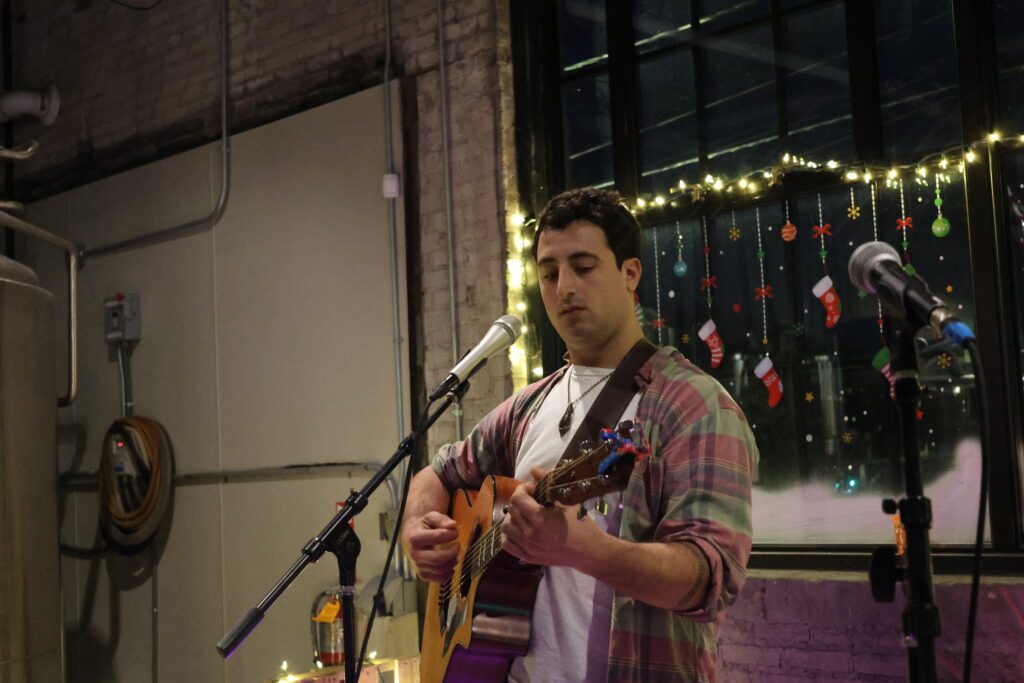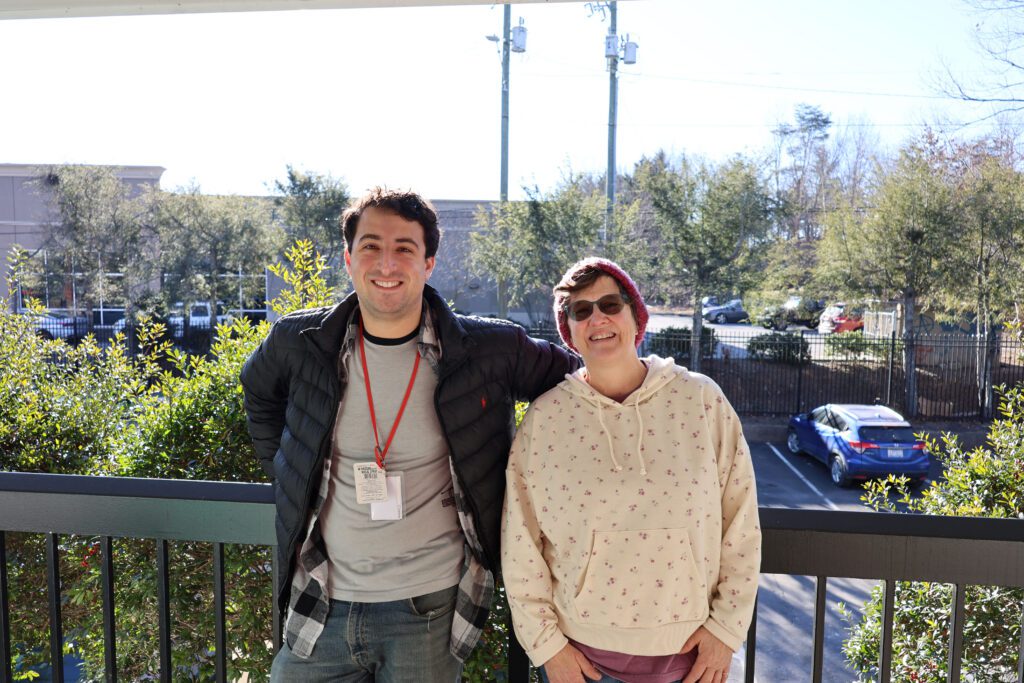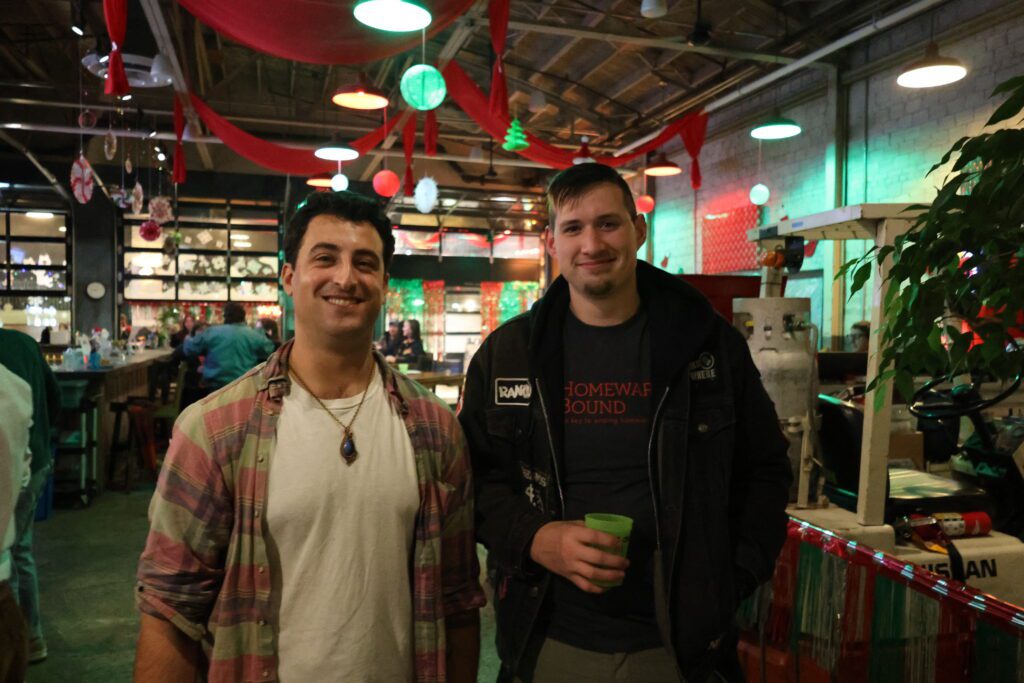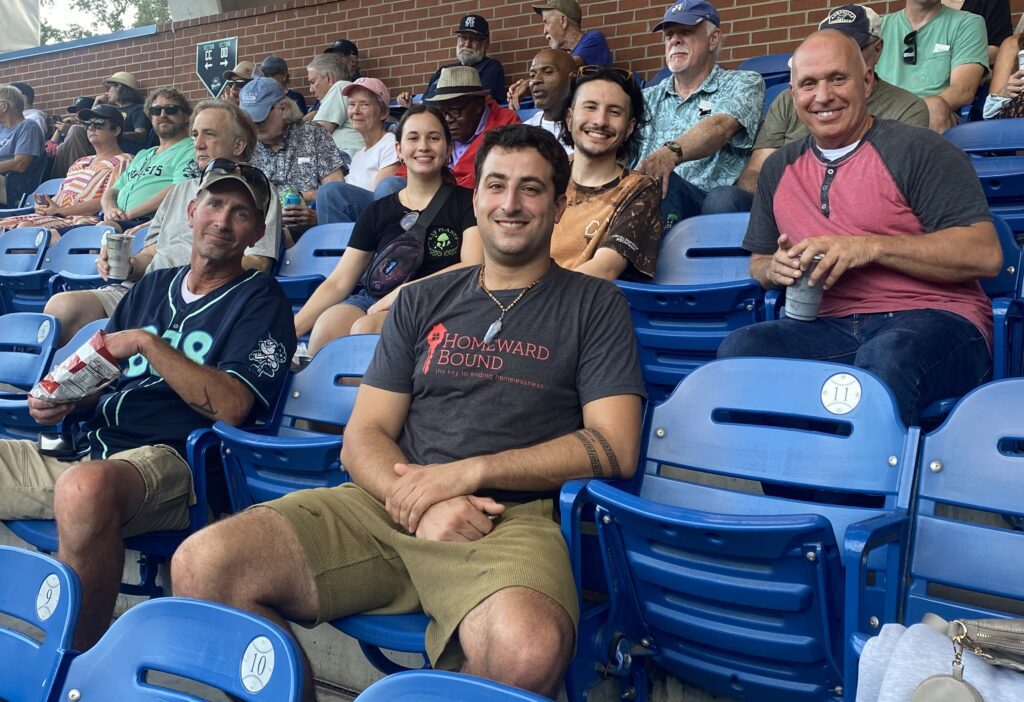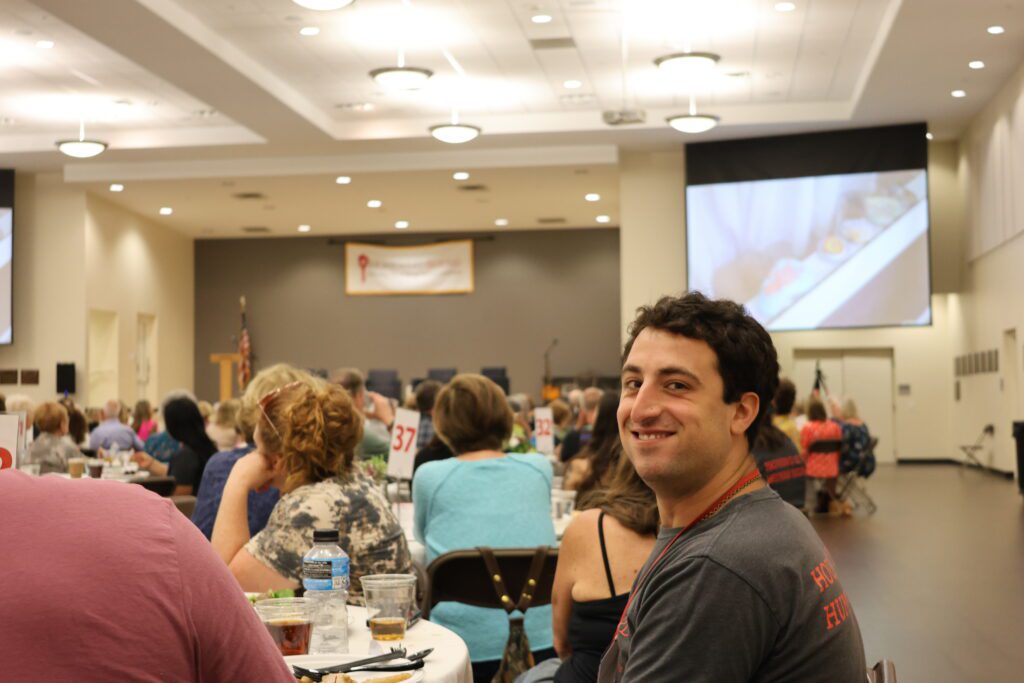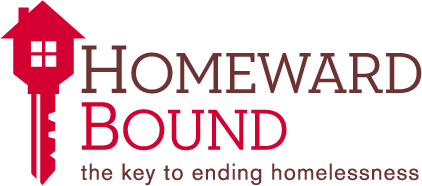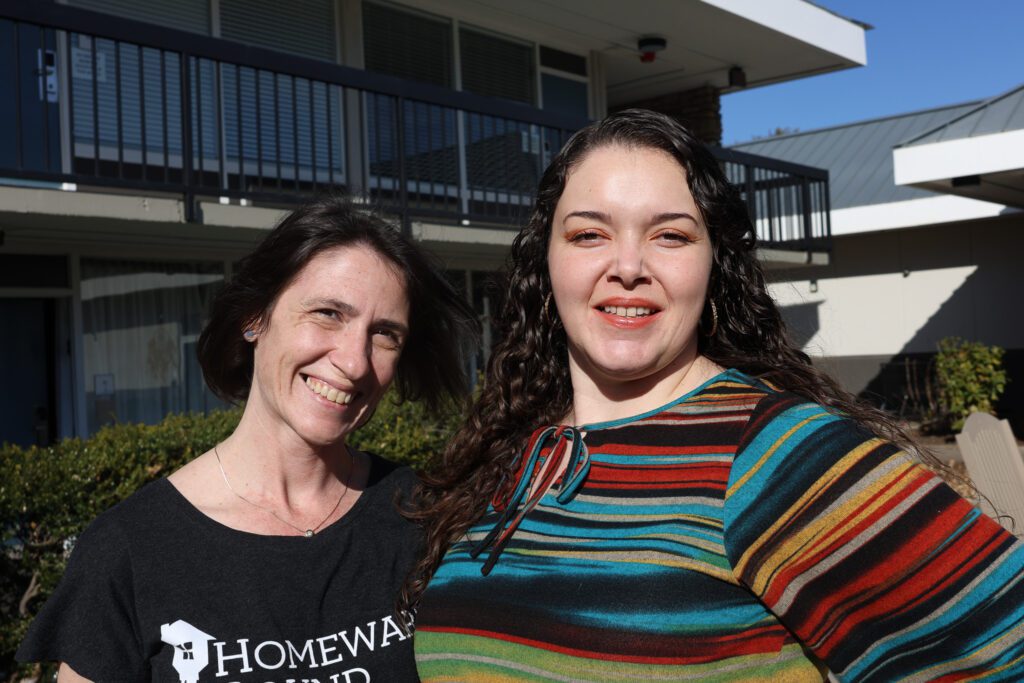In Memory of Nicholas
Joe Hart
on
February 6, 2026
Homeward Bound is deeply saddened by the loss of our dear friend and colleague, Nicholas Poulos. Nicholas was a dedicated and passionate advocate for our mission to end homelessness in our community through housing and support. During his nearly 3 years as our Rapid Rehousing Case Manager, he helped countless individuals exit homelessness, find stability in a new home, and build the tools needed to navigate barriers and pursue new opportunities.
Nicholas was also an active participant in our local Continuum of Care, the collaborative responsible for developing and implementing strategies to address homelessness in Buncombe County. He approached this work not simply as a job, but as a reflection of who he was—deeply committed, compassionate, and driven by a belief in community. Nicholas leaves behind a lasting legacy and a culture rooted in collaboration, care, and the shared work of building community together.
“I slept and dreamed that life was joy. I awoke and found that life was but service. I served and discovered that service was joy.” -Rabindranath Tagore
Our hearts are with Nicholas’s family and friends. We would welcome the opportunity to connect about his impact and the memorial fund created to honor his memory.
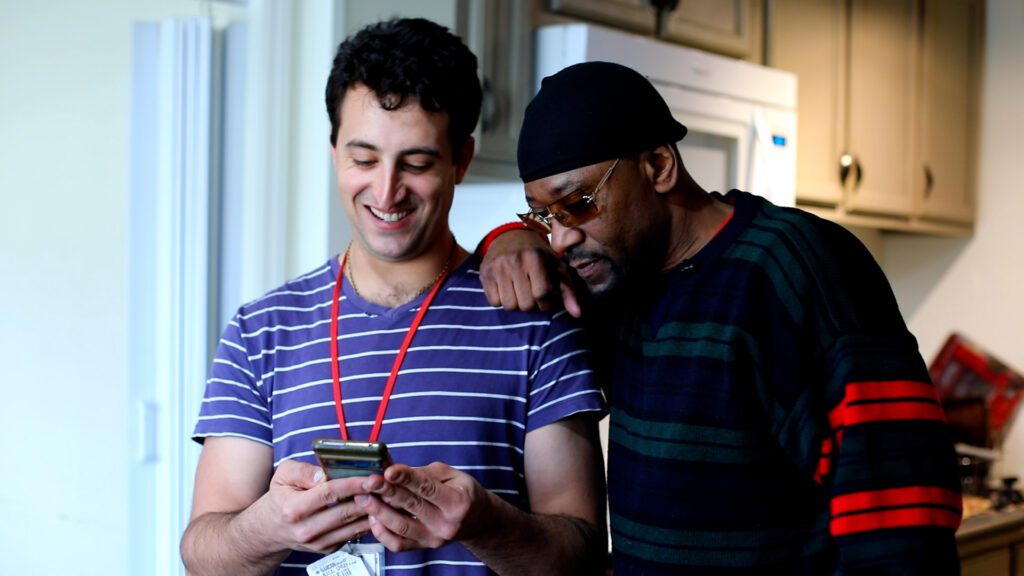

So when I think of Nicholas and his time at Homeward Bound, I simply see him as the walking, talking embodiment of our work that he lived both on the clock and in his personal life. His teammates knew they could count on him to show up. Whether that was helping another case manager with cleaning a client unit, picking up donations, or just being willing to carry the heavy box up the steps to their office, Nicholas was servant-hearted and joyful to help.
He had so much pride in his work as a Rapid Rehousing Case Manager at Homeward Bound, maybe more than I’ve seen in my 10 years at HB. I feel honored that I have been able to work alongside and become a better advocate for our work through his example.”
The Nicholas Poulos Fund for Rapid Rehousing
With blessings from his family, we have established the Nicholas Poulos Fund for Rapid Rehousing to honor Nicholas’ commitment to serving our community’s most vulnerable neighbors. This fund supports Homeward Bound’s Rapid Rehousing program and the people Nicholas served as a Case Manager at our organization.
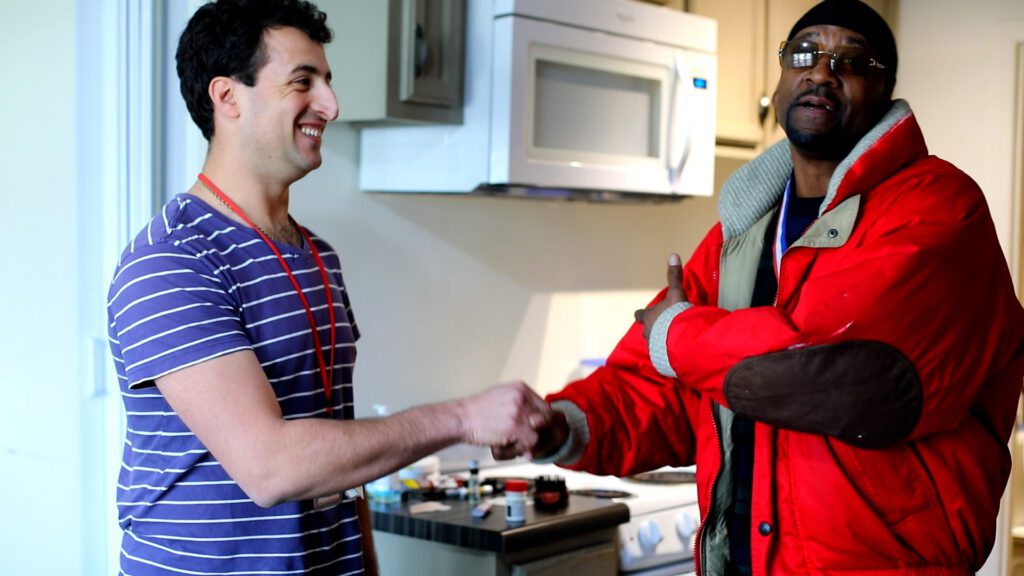
Creating Community
Nicholas is featured in the short film, Creating Community, alongside his Rapid Rehousing client Jonathan. The relationships that case managers build with their clients create community.
“I’ve seen a lot of just gratitude and love from Jonathan, and that he has this apartment that he can call home, and he’s grateful because he’s been through that adversity and gotten to this point in his life that he can think more about making music and having some quiet to write poetry.” – Nicholas
